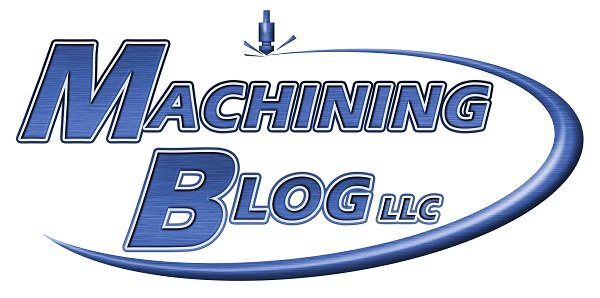Manufacturing, a place where metal and fluid work together in a delicately engineered dance to change inputs into a newly combined output. There is music in the moving parts, harmony in the ingenuity of human creativity. The machining of parts is a symphony drawn from human imagination which begins in a concept and completes as a usable tool for ever more creative machine design. This world, in the factory, is a place of hot and cold, a place of tension and release, a place of raw and refined. However, there is more to this secret world than meets the non-discerning eye. There are skilled people who dream, focus, and manifest their feats of engineering because of two distinct classes of skills. Those would be hard skills and soft skills. These are independent ideas, equally important, and
critical to be understood by the person seeking to discover the systematic joy and appreciation of a career in machining or even general manufacturing. The following series will define soft skills, but other authors on this blog will share their insight into the complexity of hands on technical skills or hard skills. This series is focused on the most important element of machining, the human being. The creative genius directing the orchestra. The soft skills the machinist uses are the unseen tools in their box and can directly impact the success or failure of a dreamed after machining career.
Soft skills are intangible characteristics of your personality that are reflected in your behaviors. Soft skills consist of concepts and attitudes that each person takes through all aspects of their life from family to career. Soft skills are things like; communication, personal sense of responsibility, attitude, enthusiasm, problem solving, critical thinking, decision making, and coping with ambiguity, just to name a few. You might be wondering why these mental concepts are important and the answer is simple. They are important because they impact each person and the teams they develop, and they are tools. In order for a company or business to reach their stated goals and fulfill their mission statement they need people, and more and more companies are realizing that those with the greatest successes pay attention to the soft skills their team members bring with them. They integrate these ideals into their recruiting habits, and they promote it in their performance reviews. This is true across all industries. Any person considering a career, at any level must consider the description and state of their own personal soft skills in order to provide examples and clear explanations when presenting themselves for employment. The series to follow will focus on several specific soft skills and provide real examples of them in the workplace. Each article will also provide skill building exercises that can assist any open-minded person to better identify and hone their skills, just as they would any tool. Open-mindedness is itself a soft skill and relates that an individual is curious and open to learning new things while being willing to fail and try again. Let us begin.





